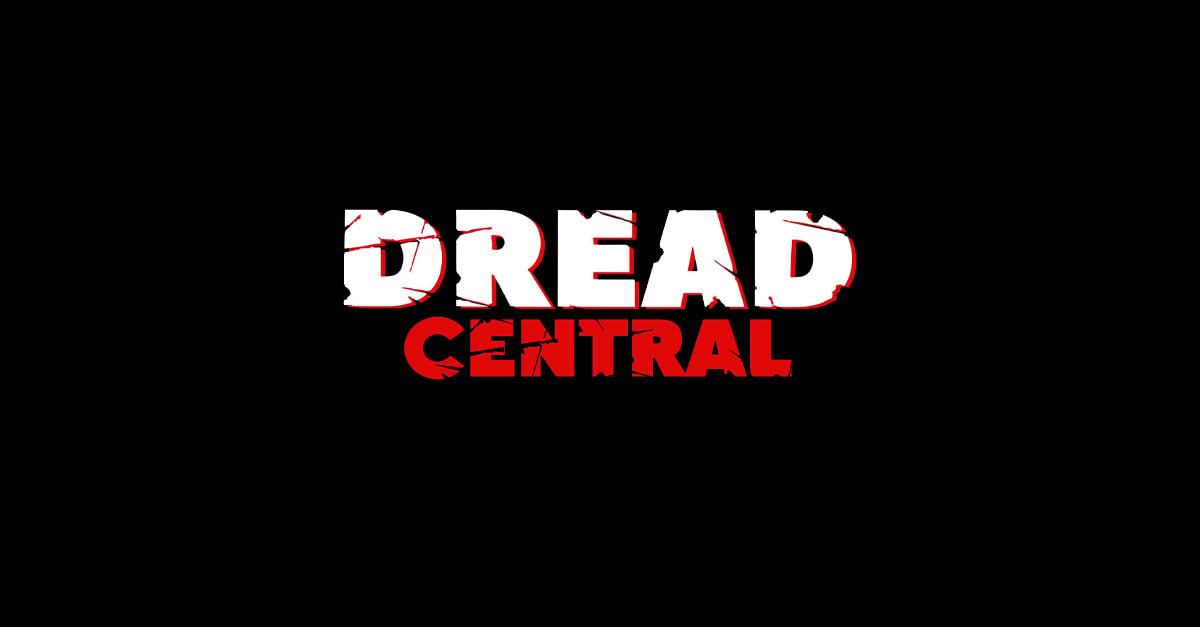Town of Light, The (Video Game)

 Developed by LKA
Developed by LKA
Available on PC through Steam
Suitable for ages 17+
“A horror game with an insane protagonist where reality might not be exactly what it seems? How novel!” is what I was saying to myself when I first saw the store page for The Town of Light. I’m exposed to a good deal more horror games than your average bear, and as shocking as the first “he was crazy the whole time!” is, it’s become the plot of I’d say 95% of horror releases. Even pretty straightforward shooters like Dead Space have to had a heavy dose of hallucinations to be “psychological.” I don’t hate the whole trippy psychological spin, but it’s become trite. It’s to the point that SOMA not being in your head the whole time is bold and innovative.
All repetition gets boring, but it’s even worse that most games seem to think that going mad looks like the walls turning into putty and peoples’ heads shaking really fast and blurring. I’ve dealt with mental illness in one form or another for some time now (not personally, as a caregiver), and there’s a certain point that the poor misunderstood crazy person being held down by the big mean world becomes almost offensive. There isn’t a good guy and bad guy in real life, just a horrible disability and feeble attempts at controlling it.
So it’s incredibly high praise when I say that The City of Light is one of the most mature and understanding views of institutionalized mental illness that I have ever seen. It’s an unflinching look into the almost impossible task of surviving a 1940’s mental institution, from every angle. I was shocked by this game. It refused to look away when things got uncomfortable, and would lead me towards one conclusion just to whip me around in a 180. It’s one thing to tell an interesting story, and an entirely other to craft a story that plays with your expectations to make the twists devastatingly impactful.
Set in a digital recreation of the Volterra Asylum, it’s pretty clear that things aren’t as the initially appear. Our protagonist Renée finds herself on the outskirts of this place, inexplicably drawn to the closed doors of the abandoned facility. As she explores, she finds out more about herself, and her tragic history unfolds. It’s standard fare structurally, but the proof is in the pudding. Obviously this isn’t a game to be taken literally, but this isn’t one of those false trippy psychological experiences that quickly devolves into grayscale and a pseudo-moral message about accepting guilt for your wife’s death.
It’s a distinction that will probably go over a lot of heads. I don’t want to devolve into a criticism of video game audiences, but I think most people assume that anything with a sepia filter and a “deep message” is art and therefore correct. Devs have carte blanche to portray the world however they want to fit their narrative. It’s not something that keeps me up at night, but it does make conversation about art games difficult. People defend things that they like too heavily, regardless of the merit of the artistic message.
So when a game gets something as serious as mental illness right, it’s a huge deal to me. I mention this because I recognize that this game isn’t perfect. Design wise, it’s far inferior to how I feel about the narrative. The game crashed several times, consternating me to the point where I almost considered never even playing it. It has an inexplicably large initial load time for a game that’s basically one building. It’s a pretty game, but given the modern standard of indie game visuals just clocks in at slightly above average.
There are also several parts that I didn’t know where to go. Objectives are all necessarily vague, but some ask you to go to rooms that didn’t have names on the map. This isn’t helped by the in game map and documents all being in italian. It makes following the correct signage problematic. They introduce a mechanic that allows you audibly rehear the objective explanation, but this doesn’t help when the initial explanation is confusing. I’m also still grumpy about the part where I had to search a kitchen for an unreasonable amount of time just to realize that what I’m looking for wasn’t there. I couldn’t have stomached it for one lap. At the point where I’m checking for some lady in sinks and ovens, I’m bored.
These few major points are the only reason this game isn’t receiving a perfect score. There are few games with the fortitude to show you communal showers and lobotomies, and a fraction of those are skilled enough to get it right. By the time The Town of Light reached its conclusion, I was too stunned to even be in tears. It might fumble at certain points, but the bigger picture makes these small missteps irrelevant. It never jumps out and goes “BOO”, but terrifies and saddens you with the deep horror of real human suffering. For a game with some faults, I could not possibly recommend it enough. It’s not getting a perfect score, but it does in my heart.
-
Game
Categorized:Reviews

